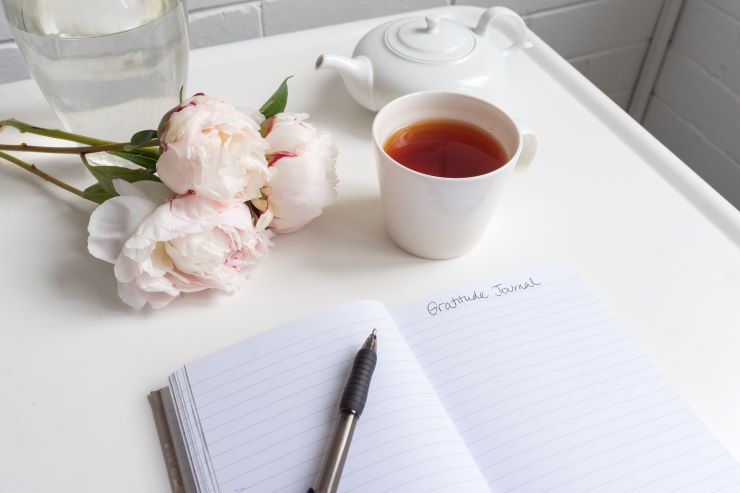In honor of Thanksgiving week, Jessica Lizza of Scottsdale-based TTI Success Insights outlines the beauty of gratitude, how to practice it in your daily life and the benefit it can have on your brain. As Lizza writes, “When it comes to gratitude, there’s a lot more going on inside your brain than you think.”
Think about the last time you said thank you. Did you mean it, or was it just an automatic reflex brought on by good manners as you grew up? Chances are it’s a combination of both, but you probably didn’t go into why you were thankful that someone held the door for you. When it comes to gratitude, there’s a lot more going on inside your brain than you think.
For example, expressing gratitude regularly does more than just make your heart feel good. There are actually scientifically proven benefits for your brain. Whether you’re expressing it through journaling, thank-you notes or paying it forward in your community, something happens that can lead to long-term and short-term effects. Everyone could always use a more stimulated brain, without the morning coffee, right?
Neural Sensitivity in the Medial Prefrontal Cortex
If you don’t know what that is off the top of your head, you’re not alone. To sum it up though, this is the part of the brain that is associated with learning and decision-making. Berkeley’s Greater Good Magazine references an experiment in which they compared a group of people who wrote gratitude letters and a group of those who did not. Each group was given a pay it forward task and those who wrote letters tended to give more to a cause and had very different brain activity than those motivated by guilt. It states that “practicing gratitude may help train the brain to be more sensitive to the experience of gratitude down the line, and this could contribute to improved mental health over time.”
What can you do? A great first step into bringing these long-lasting effects into life is to write gratitude notes — just like the people in the study. They can be to people that have made a difference in your life, inspired you or helped you. The best part is, you don’t even have to send them if you are shy! The act of writing it is already improving your brain sensitivity.
Take control of your mind
According to Amanda O’Reilly, a certified Neuro-Linguistic Practitioner, 97 percent of humans live in a victim state. Simply put, that means that most people are waiting for something to happen to them that will change the way they are living. We learned above that gratitude improves brain sensitivity — so how can you start being conscious about what you’re saying or the story you are telling about yourself? You can start by building up your self-awareness! Rewrite your story by being grateful for your life rather than excuse driven. Start with self-care by exercising, eating better, and surrounding yourself with positive people.
What can you do? We said it earlier, say your “thank yous” and think about why you’re doing it. It’s not weird to feel gratitude to your heart for beating, your lungs for breathing, and your body for being strong and getting you through the day. No one said gratitude can only be expressed with another person!
The Happiness Hormone
When it comes to feeling happy, there are a few things that trigger the chemicals in your brain—and each of the hormones that are released has different triggers. We’ve got dopamine for motivation and reward, endorphins from exercise, serotonin also from exercise but also from the sun, and then oxytocin, the “love hormone.” With what we’ve gathered so far, we know that gratitude makes you feel good so can you take a guess as to which one is released when we experience gratitude? Oxytocin—which has an even bigger relationship with bonding and social aspects between people.
What can you do? Things are a little tough right now when it comes to physical bonding. While it used to be second nature to hug someone or pat them on the back as a thank you (as long as they were OK with it), we don’t really have easy access to that right now. But, in its place, you can use verbal communication to express your appreciation for what a person has done. And if you trust them, the occasional hug here and there to boost this hormone, oxytocin. It will make you both feel good about the whole experience.

